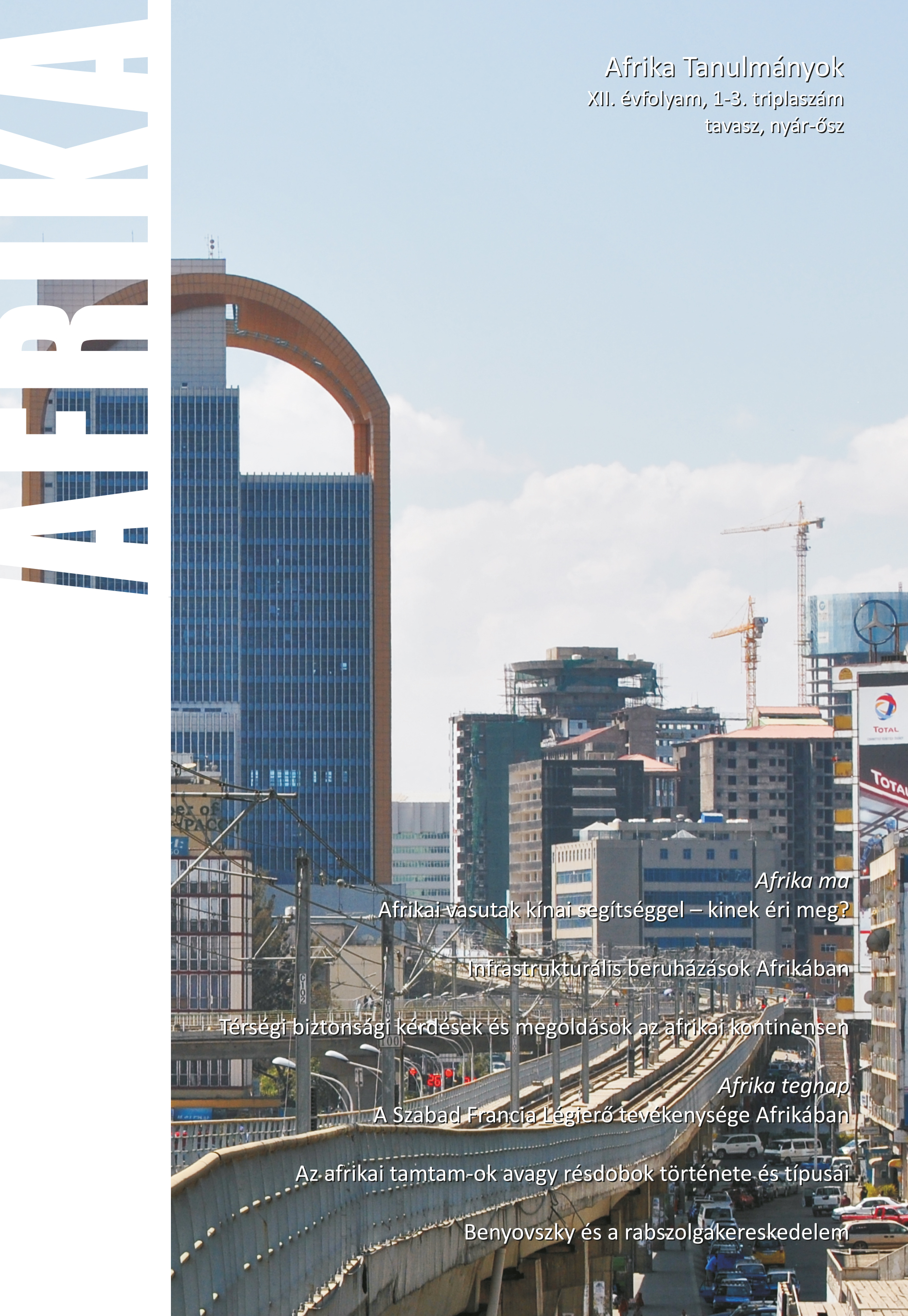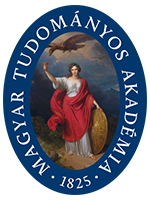Scientific disciplines on the brink of specialization and popular culture
How did the exploration and colonization of Africa in the second half of the 19th century influence the evolution of Hungarian geography and ethnography?
DOI:
https://doi.org/10.15170/AT.2018.12.1-3.5Keywords:
Colonization, Scientific societies, Exploration of Africa, Hungarian Geographical SocietyAbstract
Scientific associations that still exist today were founded all across Europe since the middle of the 19th century. Magyar Földrajzi Társulat (Hungarian Geographical Society; now: Magyar Földrajzi Társaság) was created in 1872, Magyarországi Néprajzi Társaság (Hungarian Ethnographical Society; now: Magyar Néprajzi Társaság) in 1889; but they were different from today’s similar organizations in their basic goals, tasks and their membership as well. These associations were “hybrids” of sorts: they possessed both a scientific side and a science-popularizing side that aimed for a large number of members for financial security. The Hungarian Geographical Society used the huge public interest surrounding the exploration of Africa better: inviting explorers returning from Africa, public readings and regular news based on foreign associations’ publications served undoubtedly the aforementioned popularizing purpose. However the geographers of the early 20th century voiced harsh critiques against the sensationalism of the Hungarian Geographical Society. At the same time Hungarian geography as a science was not lagging behind that of Western Europe at the time of the explorations. 1870-1880 were the decades of Central African exploration, and the main focus of Western European geographical publications and events as well. The official journal of the Hungarian Ethnographical Society, Ethnographia containing much fewer Africa-centric publications is partly due to the Association having been created at the end of the explorations. However, while Földrajzi Közlemények (the official journal of the Hungarian Geographical Society) followed the political movements of Europe in Africa between 1890 and 1900, even though the time of explorations was over, Ethnographia distanced itself from these in favour for more professional content. Földrajzi Közlemények and Hungarian geography in general only followed suit after 1900.
Downloads
Published
How to Cite
Issue
Section
License

This work is licensed under a Creative Commons Attribution-NonCommercial-NoDerivatives 4.0 International License.
















